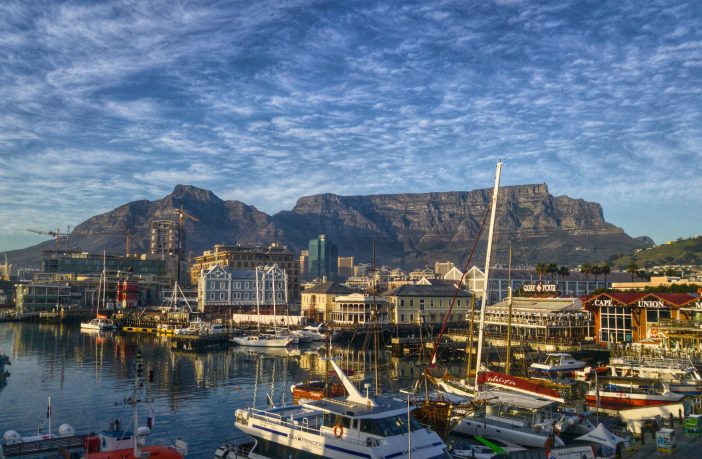- The City wants a Section 34 determination, in accordance with the New Generation Capacity Regulations in the Electricity Generation Act, to allow them to procure up to 400MW of renewable energy from IPPs.
Phindile Ma, the City of Cape Town mayoral committee member for energy and climate change, has announced that the City will petition the Gauteng High Court in Johannesburg to allow municipalities to be able to purchase energy from independent power producers (IPPs).
Many interpret Section 151 of the Constitution to allow municipalities to procure or produce their own electricity. Section 151 gives municipalities the broad power to govern their own affairs, as regulated in detail by the Municipal Finance Management Act, Municipal Structures Act and Municipal Systems Act.
In addition the electricity act permits local utilities to conclude power purchase agreements with independent power producers (IPP). The Electricity Regulation Act does not exclude the possibility of local authorities making money from electricity jointly with IPPs.
In 2017, the City served the Department of Energy (DoE) and the National Energy Regulator of South Africa (Nersa) with court papers challenging the so-called “single-buyer” model in South Africa, whereby Eskom is given exclusive right to produce electricity from generators of electricity for resale, including electricity from renewable energy IPPs.
The City wants a Section 34 determination, in accordance with the New Generation Capacity Regulations in the Electricity Generation Act, to allow them to procure up to 400MW of renewable energy from IPPs.
Maxiti said that the City, and indeed the country, could not afford to suffer any more economic devastation from load shedding, adding that, “given the governance issues that have again been raised regarding Eskom, it provides further imperative to ensure that we produce diversified energy sources”.
“If we are allowed to procure renewable energy, we can reduce the long-term electricity costs for our residents and provide cleaner power. Currently, some 65% of the tariff that we charge customers for electricity goes toward the cost to buy electricity from Eskom. Metros must become the energy champions of their residents and of their commercial sector players,” she added.
Author: Bryan Groenendaal















